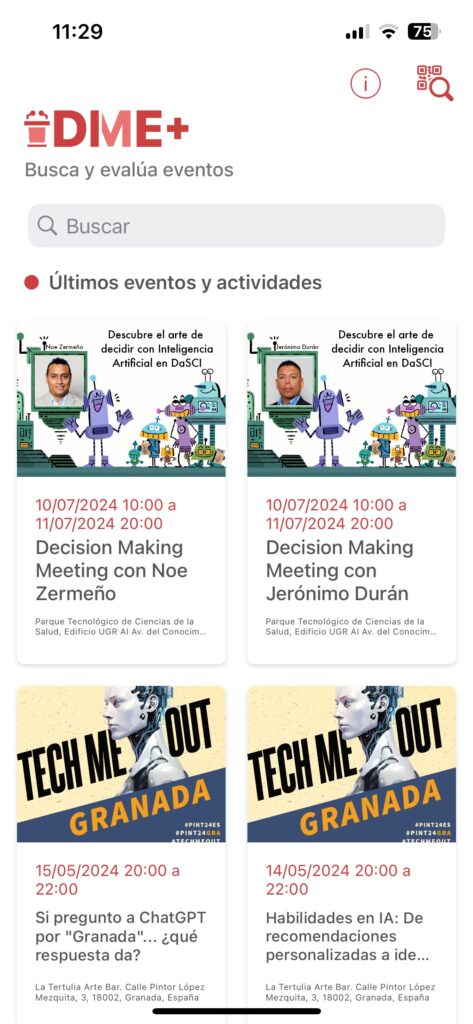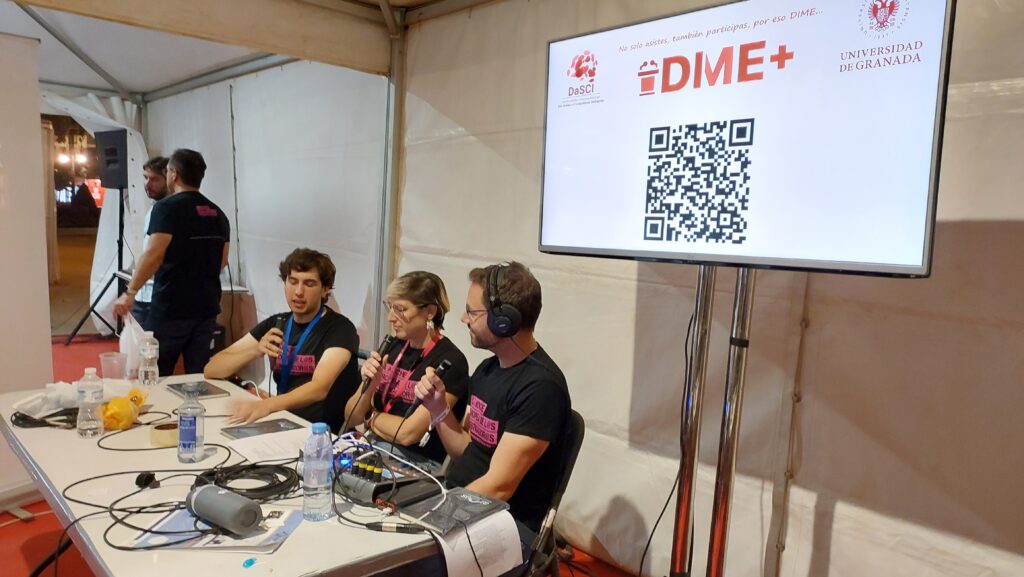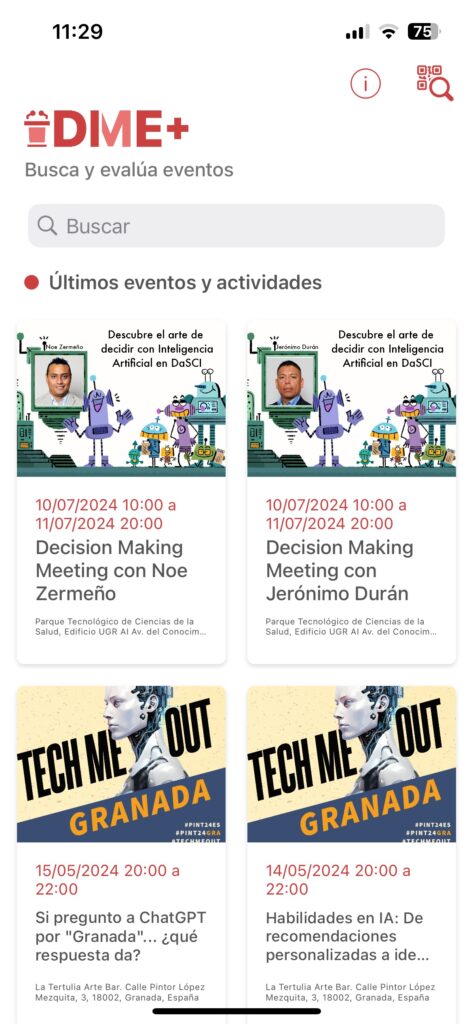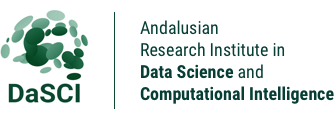DIME+, a system for assessing the impact of public outreach and citizen science activities
8 July, 2024
- DIME+ is a decision support system for organisers of outreach events, especially Citizen Science events.
- An application developed at the University of Granada that allows to have and analyse the feedback of the attendees to the events, it has already been tested in the European Researchers’ Night.
Researchers at the University of Granada have developed an online linguistic decision support system based on citizen participation. One of the authors is researcher Jerónimo Durán, who will defend his doctoral thesis this week at the UGR IA building.

The science outreach and efforts to increase citizen participation have brought research closer to society and inspired new careers in STEM. In virtual events, it is now easier to monitor participation and obtain feedback through online surveys. However, in face-to-face events and crowded contexts, there is no technological solution for gathering attendee feedback on a given event.
DIME+ is the name of the mobile application and is a decision support system for organisers of outreach events, especially citizen science events. The system has already been tested in the European Researchers’ Night event and in the activities developed by the DaSCI institute in the cities of Granada, Jaén and Córdoba.

The European Researchers’ Night is the largest dissemination event held in Andalusia, coordinated by the Descubre Foundation and involving dozens of institutions that receive thousands of visits each year. An event in which to discover the more human side of research through direct contact with the experts themselves and which is attended each year, in Granada alone, by more than 15,000 people.
DIME+ is based on the Citizen Crowd Decision Making methodology as a model for evaluating dissemination activities, which focuses on the linguistic opinions of citizens. CCDM is replicable, extensible and adaptable to the context. The evaluation model provides Computation with Words, which allows citizens to express themselves with ratings that approximate natural language and under hesitation. In line with the principles of open research, stakeholders can download anonymised data from the web platform. In this way, future evaluation models could emerge that find alternative ways to explore citizens’ opinions, while providing a very interesting baseline for future analyses of the same type of events.

It is a highly flexible system in which organisers can choose various parameters. It also responds to a real need to evaluate the impact of outreach activities and helps us to perceive the opinion of citizens in a more direct way where citizens can express themselves freely. The evaluations are simple and almost transparent. It is also an adjustable, scalable and extensible system that allows for further studies with more complex linguistic variables such as dissemination models.





